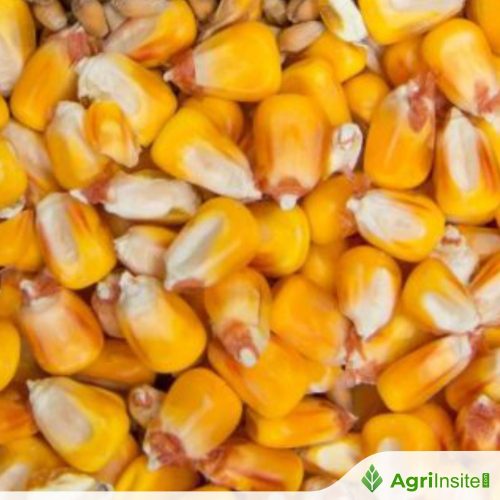India may have agreed to non-GM soybean, corn imports from US in trade deal: Niti Aayog’s Chand

India would have likely agreed to U.S. soybean and corn imports under the mini trade deal if genetically modified (GM) versions weren’t involved, said Niti Aayog’s Ramesh Chand. He noted GM crops remain politically sensitive among Indian farmers. While negotiations excluded GM and dairy access, tariffs were settled. Chand stressed boosting productivity as the key to resisting agri-import pressures.
Think tank Niti Aayog’s member Ramesh Chand on July 9 said India would have agreed to the US demands of importing soybean and corn as part of the mini deal, if Washington had not asked to accept genetically modified versions as they are considered politically sensitive in the country.
“I believe India would’ve probably agreed to import of soybean and corn from the US in the mini-deal, if it is not genetically modified (GM)”, Chand said during an event organised by the Indian Chamber of Commerce in New Delhi.
US President Donald Trump said on July 7 had said an agreement with India over trade has been finalised, even as New Delhi continued to iterate its stand that providing access to the agriculture and dairy sectors would amount to crossing a “red line”.
“I’m not personally against GM, because I know it doesn’t do any harm…but large section of farmers is against it. This makes negotiations difficult,” Chand said during the event.
GM crops refer to plants that have been genetically altered to make them resistant to insects or disease or increase their nutritional value.
Chand stated that US is India’s biggest market for agriculture. “Nearly 10 percent of our agri exports, valued $5.5 billion, is directed towards US. Shrimp, basmati rice, and fish are key products exported by India to the US…In the mini-deal, we need to ensure that it’s protected,” he added.
Meanwhile, a US-India mini trade deal has been negotiated and can be announced anytime this week, top sources aware of the development said.
One source confirmed to Moneycontrol on Monday that the customs part of the deal – tariff rates across items traded between the two countries – have been negotiated. However, contentious issues around permitting GM crops to India and access to the country’s dairy sector have likely been kept out of the deal.
The US is demanding access for GM soybean and maize. In 2020, 94 percent of the soybean and 92 percent of the maize grown in the US were genetically modified.
GM crops are a sensitive issue for Indian farmers. When India first approved Bt cotton for cultivation in 2002, farmers, especially in producer states like Karnataka, protested.
Indian farmers are wary of GM crops due to their potential implications on public health and their incomes. “Experiences with Bt cotton (India’s only widely approved GM crop) are mixed — some farmers gained, others faced issues like rising costs and pest resistance,” Divya Kumar Gulati, chairman at Compound Feed Manufacturers Association (CLFMA), said.
“There are worries that GM seeds (often patented) could increase dependency on large agribusinesses. GM seeds are often non-reusable, meaning farmers have to buy new seeds every season, unlike traditional practices. Small and marginal farmers may struggle to afford these seeds or bear losses in case of crop failure due to unexpected conditions,” Gulati said.
Meanwhile, Chand further said, to push against imports, the best way is to improve productivity. “If you increase productivity, then you don’t need to import. We’ve increased the productivity of rice and wheat over the years, and we’re now net exporters of these crops.”
“We were net exporters of cotton too, but after 2015-16, the technological progress in cotton stopped, which pushed us to be importers. It’s only through increase in productivity, we can resist imports,” Chand added.
To Read more about Maize News continue reading Agriinsite.com
Source : Money Control
















